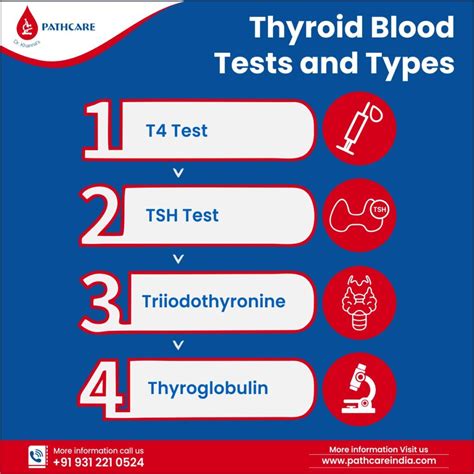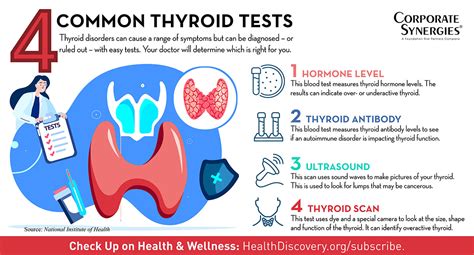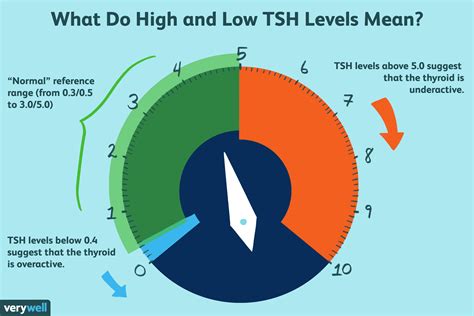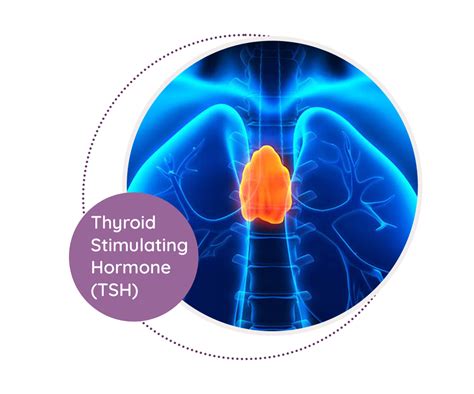Intro
Discover 5 key TSH test facts, including thyroid function, hormone levels, and hypothyroidism diagnosis, to understand thyroid-stimulating hormone and its role in overall health and wellness, including symptoms and treatment options.
The 5 TSH test facts are crucial for understanding the importance of thyroid function in our overall health. Thyroid-stimulating hormone (TSH) is a hormone that regulates the production of thyroid hormones, which play a vital role in various bodily functions, including metabolism, growth, and development. The TSH test is a blood test that measures the level of TSH in the blood, helping diagnose thyroid disorders. In this article, we will delve into the world of TSH testing, exploring its significance, benefits, and key aspects.
The thyroid gland is a small, butterfly-shaped gland located in the neck, and it produces two main hormones: triiodothyronine (T3) and thyroxine (T4). These hormones are essential for maintaining a healthy metabolism, and any imbalance can lead to various health issues. The TSH test is a vital tool for diagnosing and managing thyroid disorders, such as hypothyroidism (underactive thyroid) and hyperthyroidism (overactive thyroid). By understanding the 5 TSH test facts, individuals can better appreciate the importance of thyroid health and take proactive steps to maintain a healthy thyroid gland.
Thyroid disorders are relatively common, affecting millions of people worldwide. According to the American Thyroid Association, approximately 20 million Americans have some form of thyroid disease, and up to 60% of these individuals are unaware of their condition. The TSH test is a simple and effective way to diagnose thyroid disorders, and it is often used in conjunction with other tests, such as free T4 (FT4) and free T3 (FT3) tests, to determine the underlying cause of thyroid dysfunction. By understanding the 5 TSH test facts, individuals can better navigate the complex world of thyroid health and make informed decisions about their care.
What is the TSH Test?

How is the TSH Test Performed?
The TSH test is a simple and relatively painless procedure. A healthcare professional will draw a blood sample from a vein in the arm, and the sample will be sent to a laboratory for analysis. The test results will indicate the level of TSH in the blood, which will help diagnose thyroid disorders. The normal range for TSH levels varies depending on the laboratory and the individual's age, but generally, a normal TSH level is between 0.4 and 4.5 milliunits per liter (mU/L).Benefits of the TSH Test

What Do TSH Test Results Mean?
TSH test results can indicate a range of conditions, including: * Normal TSH level: A normal TSH level indicates that the thyroid gland is functioning correctly, and thyroid hormone levels are within the normal range. * High TSH level: A high TSH level indicates that the thyroid gland is not producing enough thyroid hormones, and the pituitary gland is releasing more TSH to stimulate hormone production. This is often a sign of hypothyroidism. * Low TSH level: A low TSH level indicates that the thyroid gland is producing too many thyroid hormones, and the pituitary gland is releasing less TSH to reduce hormone production. This is often a sign of hyperthyroidism.5 TSH Test Facts

TSH Test and Pregnancy
The TSH test is crucial during pregnancy, as thyroid disorders can affect fetal development and pregnancy outcomes. Women with untreated hypothyroidism or hyperthyroidism are at increased risk of miscarriage, premature birth, and low birth weight. The TSH test is used to diagnose and monitor thyroid disorders during pregnancy, ensuring that thyroid hormone levels remain within the normal range.TSH Test and Thyroid Disorders

TSH Test and Other Health Conditions
The TSH test can also be used to diagnose and monitor other health conditions, such as: * Heart disease: Thyroid disorders can increase the risk of heart disease, and the TSH test can help diagnose and monitor thyroid function in individuals with heart disease. * Osteoporosis: Thyroid disorders can increase the risk of osteoporosis, and the TSH test can help diagnose and monitor thyroid function in individuals with osteoporosis. * Infertility: Thyroid disorders can affect fertility, and the TSH test can help diagnose and monitor thyroid function in individuals with infertility.Conclusion and Next Steps

We invite you to share your thoughts and experiences with the TSH test in the comments below. Have you had a TSH test, or do you have any questions about thyroid health? Share this article with your friends and family to raise awareness about the importance of thyroid function. Together, we can promote healthy living and prevent thyroid-related disorders.
What is the normal range for TSH levels?
+The normal range for TSH levels varies depending on the laboratory and the individual's age, but generally, a normal TSH level is between 0.4 and 4.5 milliunits per liter (mU/L).
What are the symptoms of hypothyroidism?
+The symptoms of hypothyroidism include fatigue, weight gain, dry skin, hair loss, and cold intolerance. If you are experiencing any of these symptoms, consult with a healthcare professional to determine the underlying cause.
Can the TSH test be used to diagnose thyroid cancer?
+The TSH test is not typically used to diagnose thyroid cancer. However, it can be used to monitor thyroid function in individuals with thyroid cancer. Other tests, such as ultrasound and biopsy, are used to diagnose thyroid cancer.
